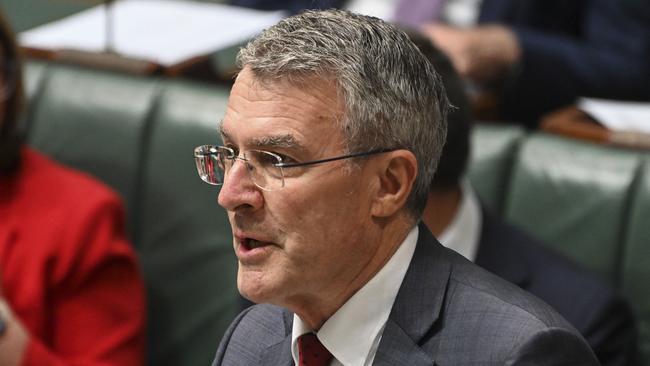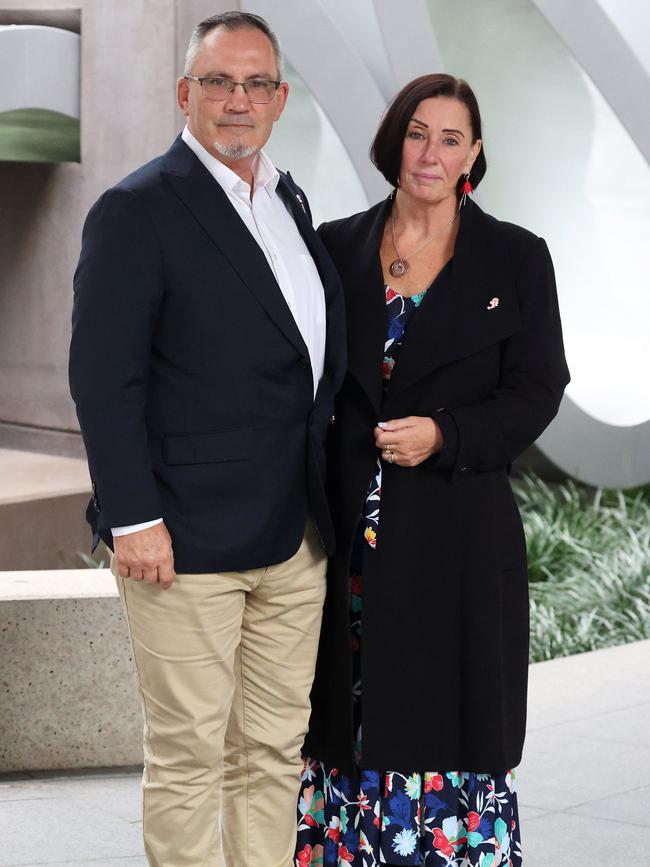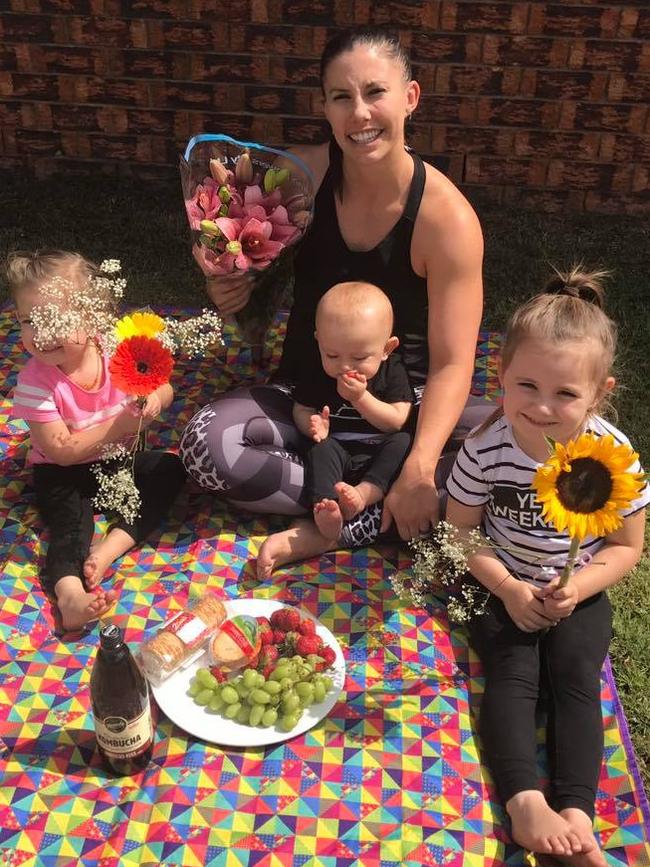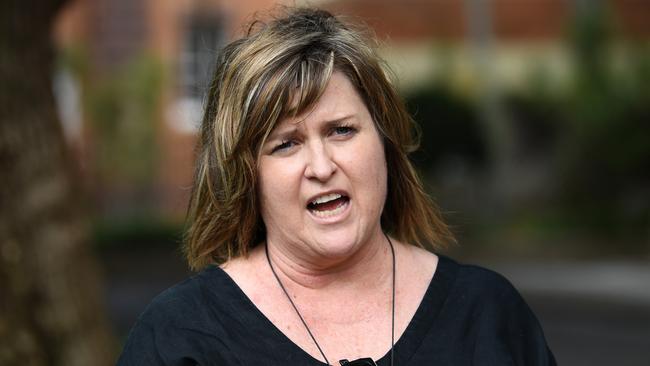Family law reforms to put interests of children ‘first’
Flawed laws around parental responsibility that have exposed families to domestic violence, protracted legal battles and court delays will soon be overhauled.
National
Don't miss out on the headlines from National. Followed categories will be added to My News.
Flawed laws around parental responsibility that have exposed families to domestic violence, protracted legal battles and court delays will soon be overhauled to put Australian children “first”.
Changes to ensure the law always considers what is best for the individual child will be placed at the heart of the family law system in a bill to be introduced to parliament by Attorney-General Mark Dreyfus on Wednesday.
“These long overdue reforms will replace the often-confusing law around parenting arrangements with a simpler child-focused framework,” he said.
“This confusion has led to the unacceptable situation where abusive partners have a false belief they have a right to equal time, against the wishes of the other parent and their children.”
Mr Dreyfus said courts would still be able to order equal shared parenting when it was deemed in the child’s interest.

Full Stop Australia advocacy manager Angela Lynch said the Howard-era “equal shared parental responsibility” presumption had directly harmed women and children.
“Victim survivors of violence, even before they got legal advice, were often lead to believe they were required to enter into equal time agreements with the perpetrator of the violence,” she said.
“It is then difficult to unpick those agreements.”
Ms Lynch said in tragic cases like the 2020 murder of Queensland mum Hannah Clarke and her children by their father, the equal parenting responsibility presumption had devastating consequences.
According to the coronial inquest into Ms Clarke’s murder, she had struggled to get one of her children back from her ex after he had abducted them, and shortly after that happened the pair entered into a mediated agreement to share custody at a split of just below 50-50 time.
“The system is distorted if the starting point is always 50-50 when you’re negotiating with a perpetrator of violence, it’s very difficult to shift that because he’s going to say this is my right,” Ms Lynch said.
“It’s not just in courts, parenting agreements are made or mediations happen outside court all the time, and they too get skewed by this presumption.
“That is not a system where the best interests of children prevail.”
Ms Clarke was killed shortly after her ex had posted on social media about his intent to pursue is “right” to 50-50 access to their children.


Ms Lynch said about 80 per cent of cases in the family court system related to domestic and family violence, while 70 per cent related to child abuse.
“Despite those stats you have a norm essentially of shared care, which is really dangerous for victims of violence because they have to then communicate constantly with perpetrators of violence who are looking to abuse and control,” she said.
Only about three per cent of family court orders mandate no contact with one of the child’s parents.

Multiple women who are currently required to share access to their children with abusive ex-partners told News Corp a “child centric” approach was desperately needed in the family law system.
Freya, not her real name, said even though her ex-partner plead guilty to three assault charges in criminal proceedings, he was able to secure access to their four-year-old son by protesting his innocence in the family court.
It took 18-months for her ex to be convicted and Freya — who had already spent $200,000 on legal fees — was advised the family court would likely see the abuse as “historic” so she agreed to a compromise giving him access.
“It gets to a point where you have to make a judgment call between protecting your child and being able to afford a roof over their head,” she said.
Olive, also not her real name, said even though she had multiple domestic violence orders against her ex-husband and child protective services had deemed a risk to their sons, he was able to secure access to them through the family law system.
“He was found guilty of unlawful assaults and threats to kill, but the legal systems are in silos and he relied on this presumption of equal responsibility to push for access,” she said.
“It was one of the most guttural and dehumanising processes I have ever been involved with.”





